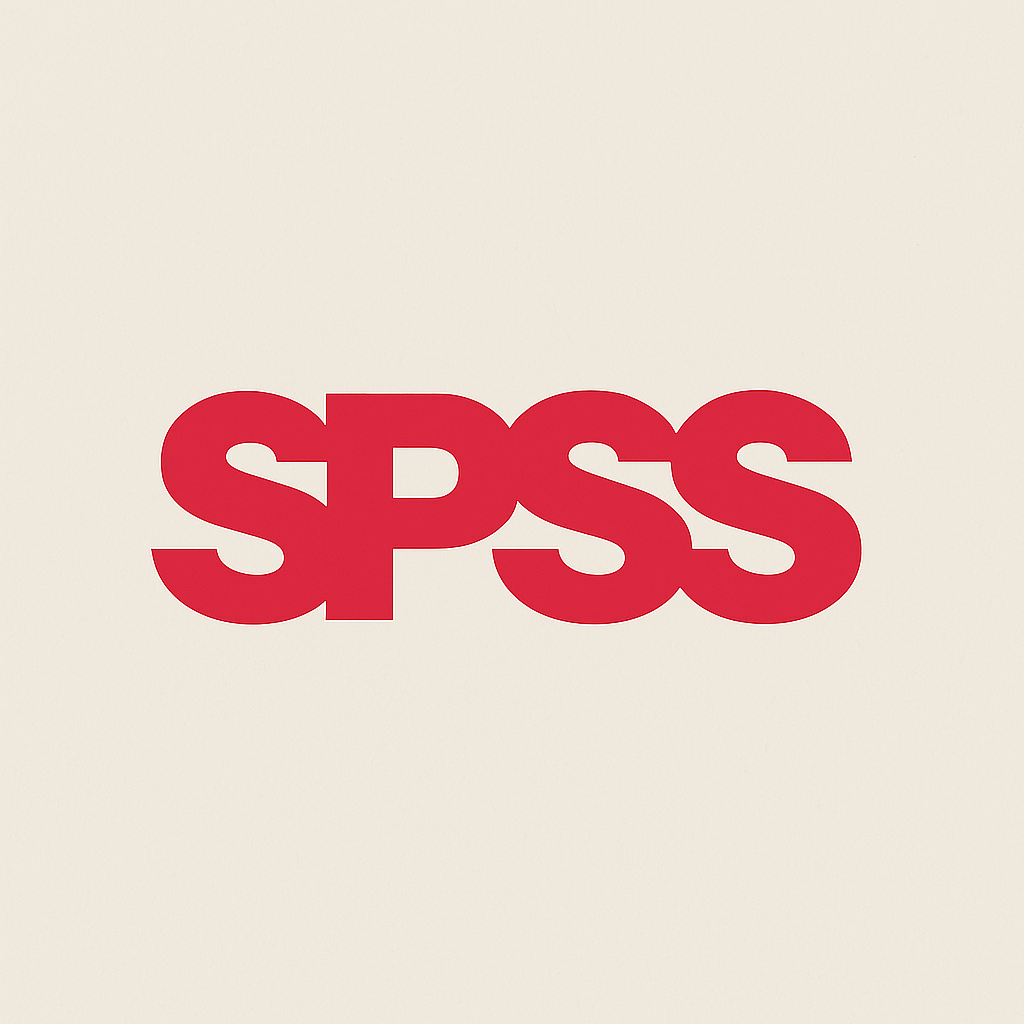SPSS Data Analysis Training Course
Handling statistical data is an essential part of research. However, many people find the idea of using statistics, and especially statistical software packages, extremely daunting.
Become an expert in statistical analysis with the most extended SPSS courses
Within a very short time you will master all the essential skills of an SPSS data analyst, from the simplest operations with data to the advanced multivariate techniques like logistic regression, multidimensional scaling or principal component analysis.
The good news – you don’t need any previous experience with SPSS. If you know the very basic statistical concepts, that will do.
And you don’t need to be a mathematician or a statistician to take this course. This course was especially conceived for people who are not professional mathematicians – all the statistical procedures are presented in a simple, straightforward manner, avoiding the technical jargon and the mathematical formulas as much as possible. The formulas are used only when it is absolutely necessary, and they are thoroughly explained.
Are you a student or a PhD candidate? An academic researcher looking to improve your statistical analysis skills? Are you dreaming to get a job in the statistical analysis field some day? Are you simply passionate about quantitative analysis? This course is for you, no doubt about it.
This is a hands-on statistical analysis course in the proper sense of the word.
What you’ll learn
-
perform simple operations with data: define variables, recode variables, create dummy variables, select and weight cases, split files
-
built the most useful charts in SPSS: column charts, line charts, scatterplot charts, boxplot diagrams
-
perform the basic data analysis procedures: Frequencies, Descriptives, Explore, Means, Crosstabs
-
test the hypothesis of normality (with numeric and graphic methods)
-
detect the outliers in a data series (with numeric and graphic methods)
-
transform variables
-
perform the main one-sample analyses: one-sample t test, binomial test, chi square for goodness of fit
-
perform the tests of association: Pearson and Spearman correlation, partial correlation, chi square test for association, loglinear analysis
-
execute the analyses for means comparison: t test, between-subjects ANOVA, repeated measures ANOVA, non-parametric tests (Mann-Whitney, Wilcoxon, Kruskal-Wallis etc.)
-
perform the regression analysis (simple and multiple regression, sequential regression, logistic regression)
-
compute and interpret various types of reliability indicators (Cronbach’s alpha, Cohen’s kappa, Kendall’s W)
-
use the data reduction techniques (multidimensional scaling, principal component analysis, correspondence analysis)
-
use the main grouping techniques (cluster analysis, discriminant analysis)
You can access our training services as groups or individuals. We will conduct training at your corporate offices if you wish so. Online and offline training sessions are also available. The training includes installation of SPSS software.
Contact us to book your training:
Microsoft Excel Data Analysis Training Course
